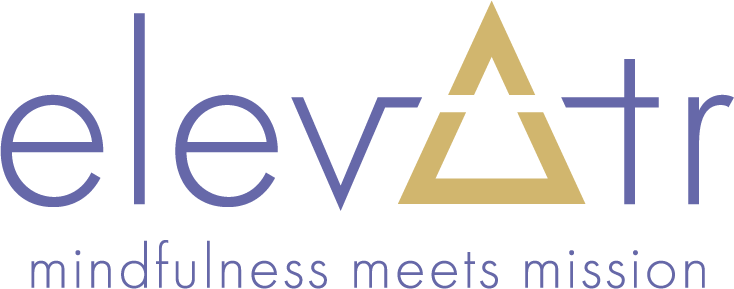In a leader’s journey to seek understanding and insight, the question “why” plays a significant role. But discerning when to ask “why” requires careful consideration. The power of “why” shifts depending on its context and what you’re hoping to achieve.

Watercolor by Ian Mutton
When to Ask “Why”
If you want to assess a project, identify a need, or craft a strategy: “Why” is a powerful question when it comes to evaluating the broader picture. It expands your mindset, opens the door to diverse perspectives, and reveals the fundamental purpose behind actions and decisions. It allows you to uncover underlying motivations and gain a deeper understanding of the goals and potential for a project or strategy.
Your questions might include:
- Why does our organization exist?
- Why are our services vital to this community?
- Why is no one else doing this?
If you want to foster innovation: In the realm of problem-solving and creativity, “why” is a catalyst for progress. By continuously questioning the reasons behind current practices or systems, you invite fresh ideas and creative solutions. This approach fosters resiliency and helps organizations adapt in an ever-changing world.
Your questions might include:
- Why is this a problem?
- Why is this step necessary?
- Why have we not changed this before?
When Not to Ask “Why”
If you want to strengthen interpersonal relationships: Asking “why” in an interpersonal context, especially directed at individuals, can carry a connotation of judgment or criticism. This may cause defensiveness and shut people down. To maintain positive and constructive communication, opt for questions that inquire about the process (“how”) or seek specific information (“what”).
Your questions might include:
- How can we address our client’s concerns?
- What happened that surprised you?
If you want to promote collaboration: Teams thrive in cultures that value cooperation and respect. Asking “why” of colleagues can pit people against each other, creating unnecessary and unproductive competition. Focusing on the end-game—your desired goals and impact—encourages a collaborative mindset that results in more effective problem-solving and continuous improvement.
Your questions might include:
- How can we remove the barriers that are slowing our progress?
- What can we improve that will make the biggest difference to our customers?
Striking a Balance
While “why” questions are valuable for evaluating overarching projects and strategies, they can undermine the impact of interpersonal communication. The choice depends on the context and goal of the conversation.
Understanding when to deploy the power of “why” and when to opt for “how” and “what” can elevate your leadership presence and foster open communication. Your discernment of the impact of these different types of questions will help you make better-informed decisions and nurture productive relationships within your team and organization.
If you’re a new leader who wants to hone the power of “why” in your expanded role, schedule a call to discuss our Executive Presence Coaching Package.
